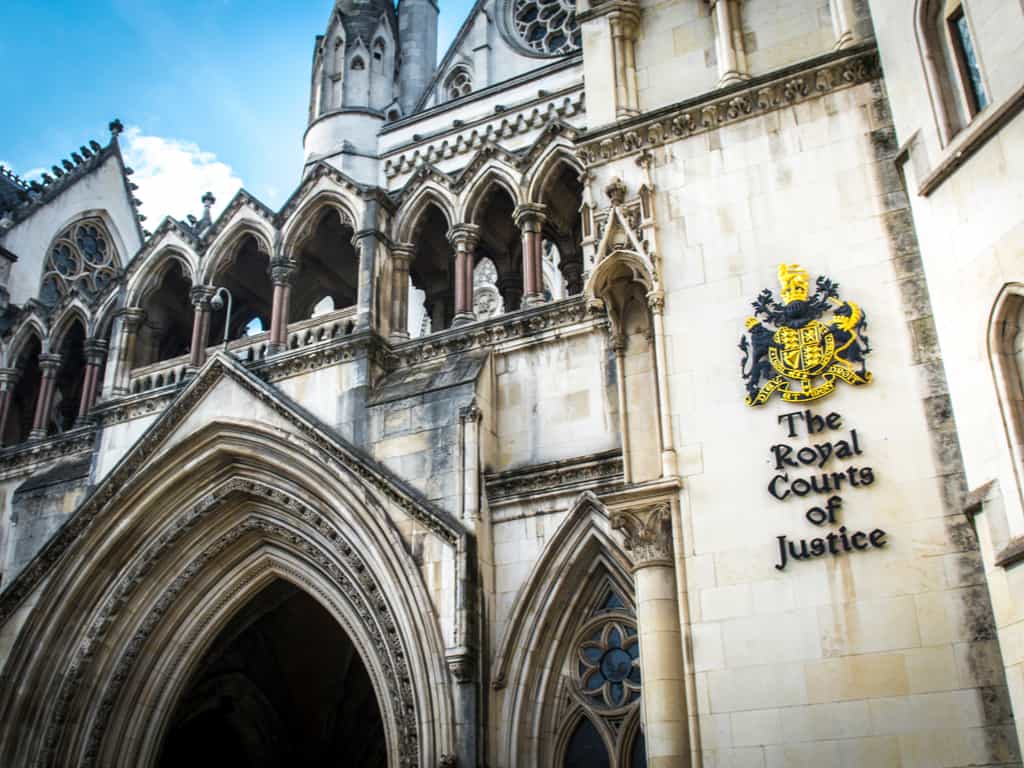Employment Law cases to look out for in 2025?

Last month, we wrote about upcoming legislative changes we can expect to see in 2025. This month, we have considered the top employment law cases to keep an eye out for in 2025.
Discrimination related to Religion and Belief – s.13 Equality Act 2010
Miller -v- University of Bristol
Last year, Rahman Lowe successfully represented Professor Miller in his unfair dismissal and discrimination claim against the University of Bristol. Professor Miller was a professor of political sociology at the University of Bristol until he was dismissed for manifesting his belief that Zionism is inherently racist, imperialist and colonial.
In a landmark decision, the Bristol Employment Tribunal ruled that Anti-Zionist beliefs are protected in the workplace under the Equality Act 2010 and therefore Professor Miller’s dismissal was both discriminatory and unfair.
The University of Bristol has appealed the Judgment and the Employment Appeal Tribunal is set to hear the appeal in November 2025.
To read more about Professor Miller’s case, please click here.
Higgs -v- Farmor’s School
Mrs Higgs worked as a pastoral administrator and work experience manager at Farmor’s School until she was dismissed due to a number of complaints being made about one of her Facebook post concerning the teaching about same sex marriages in schools.
The post described the teaching as “brainwashing.”
The Employment Tribunal (“ET”) held that the measures taken by Farmor’s School had been due to its concerns that someone reading Mrs Higg’s posts could reasonably consider she held homophobic and transphobic views, and therefore the reason for the school’s action in dismissing her was not because of, or related to her protected beliefs. She appealed to the Employment Appeal Tribunal (“EAT”).
The EAT ruled that in determining the reason why the school had acted the way it had, the ET had been required to assess whether those actions were prescribed by law and were necessary for the protection of the rights and freedoms of others while considering Mrs Higgs’ rights under Article 9 and Article 10 of the European Convention of Human Rights (“ECHR”).
The importance of carrying out a proportionality assessment was to determine whether the school’s actions were because of, or related to, the manifestation of Mrs Higg’s protected beliefs, or were due to a justified objection to the manner of that manifestation.
The EAT remitted the case back to the ET for re-hearing on the issue. However, before the ET could consider the issue, Mrs Higgs appealed to the Court of Appeal.
The Court of Appeal heard Mrs Higgs’ appeal in October 2024 and a judgment is expected to be handed down early this year. The outcome of this decision will be key in understanding how employers must handle cases which require a consideration of a person’s religion and belief, and their rights under the ECHR.
Employee Status and Whistleblowing
Sullivan -v- Isle of Wight Council
Miss Sullivan was unsuccessful in two job applications at the Isle of Wight Council.
Three months after the second rejection, Miss Sullivan made a protected disclosure concerning the conduct of one of her interview panel members in relation to financial irregularities connected with a separate charitable trust. The Council responded to her complaint, dismissed it but failed to offer her an opportunity to appeal.
Miss Sullivan presented a claim to the ET asserting that as a job applicant, she had been subjected to detriment with respect to the Council’s failure to offer her an opportunity to appeal on the ground that she had made protected public interest disclosures.
The ET determined that it lacked jurisdiction to hear Miss Sullivan’s claim because she was not a worker.
On appeal to the EAT, Miss Sullivan accepted that she was not a worker and therefore could not be afforded protection as a whistleblower, however, she sought to argue that this lack of protection contravened her rights under the European Convention on Human Rights (“ECHR”) with respect to her right to free speech in accordance with Article 10, and the right not to be discriminated against on the basis of some “other status” as set out in Article 14. The EAT dismissed her appeal.
Miss Sullvan has now appealed to the Court of Appeal who are due to hear her appeal in February 2025.
Exemptions in the Equality Act 2010
For Woman Scotland Ltd -v- Scottish Ministers
Whilst not strictly an employment law case, the Supreme Court’s Judgment will have far reaching implications to employment law.
Following a dismissal by the Outer House and the Inner House, For Woman Scotland Ltd appealed to the UK Supreme Court against the statutory guidance issued by the Scottish Government that stated a “woman” within the meaning of the Equality Act 2010, includes someone who was born male but has a gender recognition certificate describing them as female.
The Supreme Court heard the case last year and we can expect them to publish their Judgment in spring this year.
For further information or to discuss a potential employment law or discrimination claim, please contact our specialist employment solicitors on 0207 3950 5234 or info@rllaw.co.uk. We are ranked as a ‘Leading Firm’ in the Legal 500 and Chambers and Partners independent guides to the UK Legal Profession.
3 February 2025



